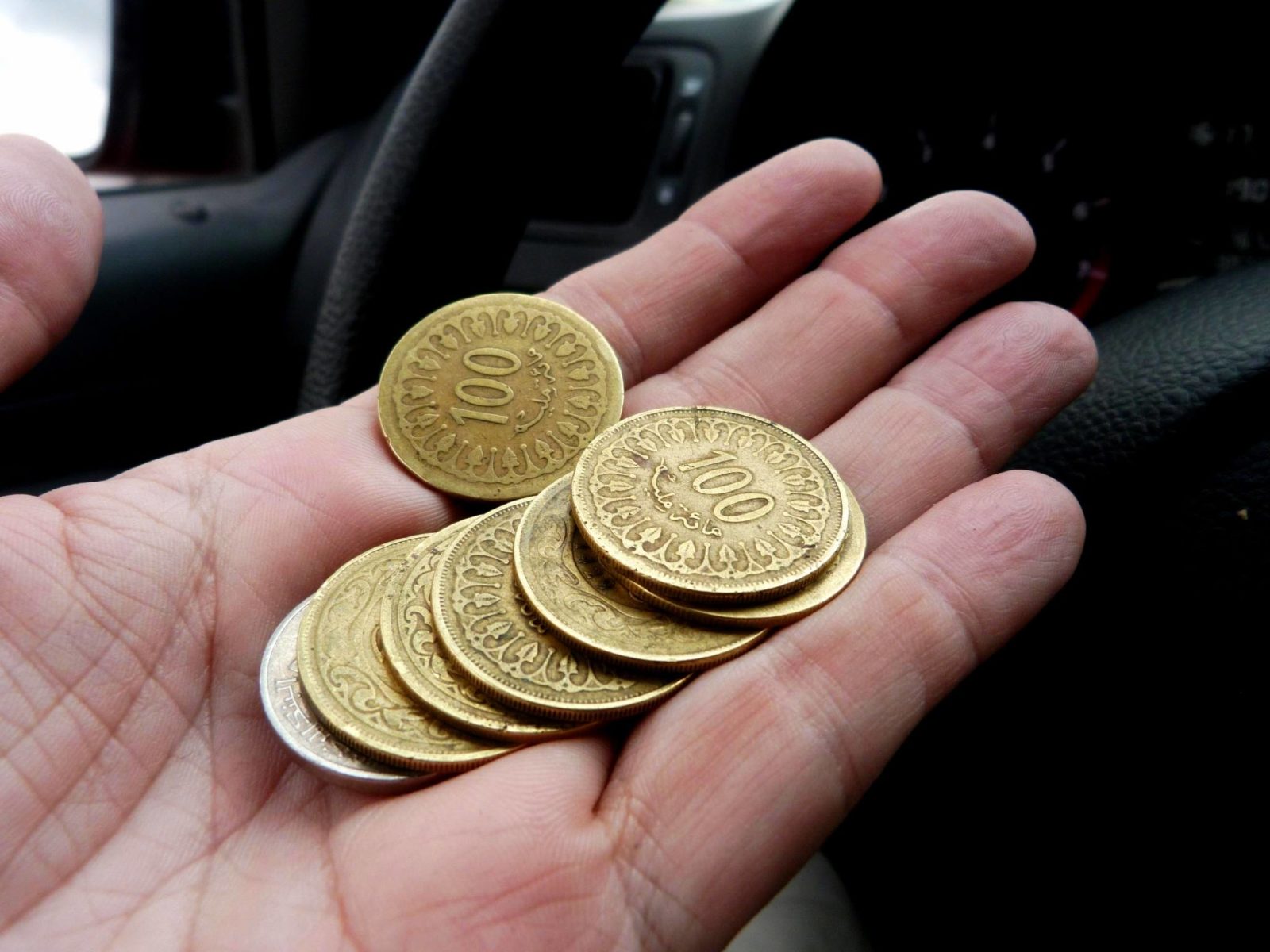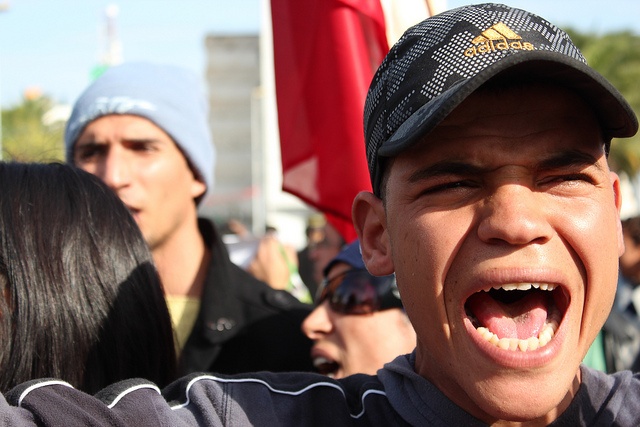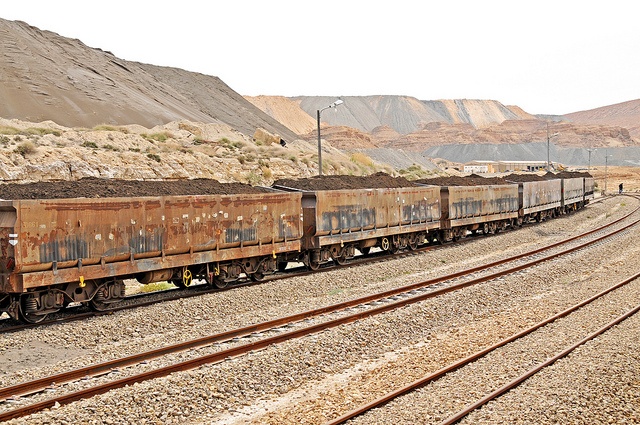
In the cradle of the Arab Spring, continued discontent gives a PWYP member a reason to keep fighting
History books will say the Arab Spring began in 2011, but the residents of Tunisia’s impoverished Gafsa region know better. In 2008, their revolt against opaque mining sector practices and government indifference prompted a violent backlash from state security. Images of repression helped to energise a national movement that prevailed 14 January 2011, when President Zine el-Abidine Ben Ali fled the country.
“I consider that those 2008 events were the spark for the 2011 social unrest because people were affected, people were injured,” said Sihem Bouazza, president of the Tunisian Association of Development Law (ATDD), a member organisation of Publish What You Pay Tunisia. “Riots were swatted in the blood and tears of protesters. Children died in the street.”

The story of Tunisia’s leading role in the Arab Spring is well known. Less known is the story of Gafsa, a rural, drought-stricken region of southwestern Tunisia. The uprising there not only set the stage for a national rebellion against the status quo, but its activists and civil society backers have accomplished major transparency reforms, including committing Tunisia to join the Extractive Industries Transparency Initiative (EITI). While change for Gafsa has been slow to arrive, they’ve already won victories that Bouazza says “would have been unthinkable before.”
Where the fuse was lit
Gafsa is a place where education, employment, and clean water are more scarce than elsewhere in the country. That’s true even though Gafsa contains one of the world’s largest deposits of phosphate, a chemical used in fertiliser around the world. The government used its windfall from those mines to develop the coastal north and tourist areas at the expense of Gafsa.
As the national unemployment rate fell to 15 percent, it remained at 40 percent in Gafsa, according to an Amnesty International report. There were jobs in the mines, but these required candidates to sit for a standardised test that rural job seekers believed were rigged to favour northern elites. On 5 January 2008, Gafsa Phosphate Company, the region’s largest employer, released its latest recruitment results. Rejected job seekers, unemployed youths and the families of those killed in mining accidents began months-long protests across the region. By June, the protests turned deadly as police opened fire on demonstrators.
Protest organisers published a press release at the time, summarising their grievances:
“Where is our share of the development? Where has our share of the national wealth gone to? Where is the just retribution for our participation in the building of the nation and of its economy, after more than 50 years?”
The road to reform

Bouazza has been promoting sustainable development in Tunisia since 2004, when she became president of the ATDD. She’s seen a marked difference in the progress they’ve made since the 2011 revolution. “We are now able to voice our opinions,” she said, “and we feel we are being listened to a lot more.”
Following the revolution, ATDD met with various parliamentarians, civil servants in the Ministry of Energy and Mines and the minister himself, who stated in a public interview that it was thanks to civil society that extractive contracts are now in the public domain in Tunisia. Those are now available on a government website. And the government, which Bouazza says had previously never heard of the EITI, has committed to joining it by 2018 as part of its Open Government Partnership (OGP) national action plan.
The 2014 Tunisian constitution includes provisions specifically to address the frustrations aired in Gafsa six years prior. Article 13 requires transparency in the extractives industry and created a parliamentary committee to award mining concessions. Article 136 gives regions the right to receive a share of the extractive rent accrued during extractive activities.
But the fact that Article 13 isn’t fully enforced (contracts don’t include annexes and aren’t updated adequately) and Article 136 has so far been ignored entirely shows how much work is yet to be done. “Gafsa still suffers from under-development, which is why there were violent protests earlier in 2017 which lead to a complete stop of oil and phosphate extraction,” Bouazza said.
“While the authorities believe people are protesting to get jobs in the extractive industries, in reality people are angry that the natural resources have not lead to social and economic development in their region.”
The relative stability of Tunisia’s democratisation project is cause for optimism, however. With long-delayed municipal elections due this year, local leaders will be more empowered to hear the demands of their constituents.